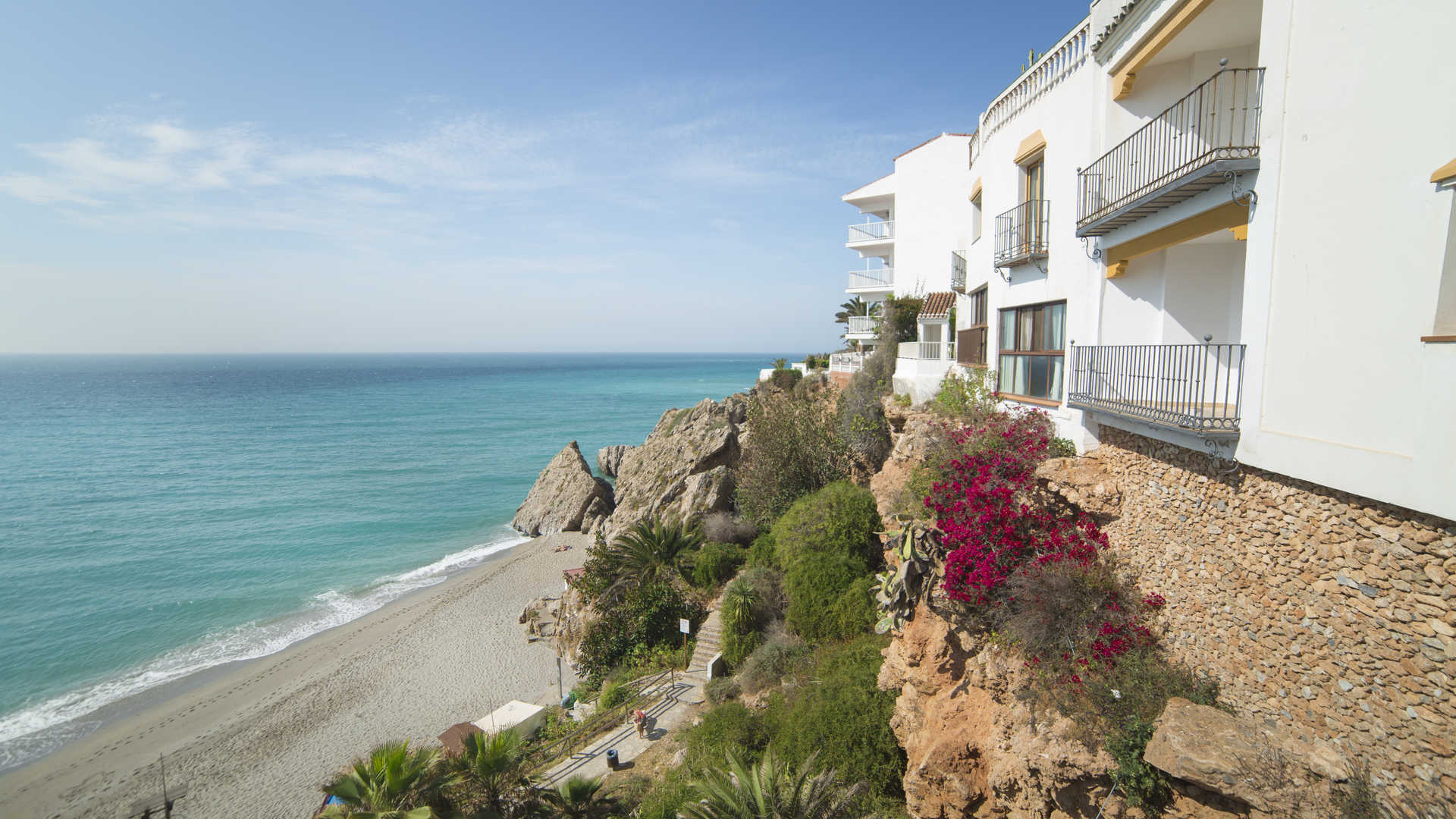
How to choose a responsible hotel
In many cases, information related to sustainability is not available. But, it's easier if we know what to look for. Keeping our eyes open and investigating a little can provide us with valuable data and prevent us from being overwhelmed by a very sustainable rhetoric which is actually empty of meaning.
We can consider asking questions about the topics naturally discussed here in the places where we are staying. Whether they have a good response or not, they will take our interest seriously.
Customers have the power to influence these issues and no accommodation establishment, whether it be a hotel, country house or otherwise, is insensitive to what their customers have to say. Therefore, we can not pass up the opportunity to contribute to an industry moving towards being more sustainable, rewarding those who have made an effort. As customers we are able to raise the following issues with accommodation establishments, which will certainly affect what they give importance to.
- Do you publicly commit to carrying out good practices?
The publication of a document with the environmental policy or corporate social responsibility policy indicates (CSR) that work has been done to measure and improve the sustainability of the company. Also, environmental certifications indicate a management policy aimed at minimizing environmental impact.
If it's a small establishment, we may not find the items mentioned due to a lack of resources, which does not necessarily mean they are not carrying out good practices. So, we can find information in a much more direct way by looking for explicit commitments on their website, in brochures or even by talking directly to the management and workers of the establishment.
In paying attention to these issues, we can see what the specific commitments are of each establishment and what their position is on the issues we asked about.
- Do they work with local suppliers?
We can see if the hotel makes an active effort to use the products of nearby suppliers. This is important because buying from local companies means minimizing transport and contributing to the impact that tourism spending has on the local community.
- Do they offer Fair Trade products?
Fair Trade products are an alternative to conventional trade which, in addition to purely economic criteria, take ethical values into account, including social and environmental issues. Fair trade is supported by the United Nations in order to promote a voluntary and fair trade relationship between consumers and producers.
Organic farming?
On their menu we can see if they offer food and beverages produced by the organic method in which agricultural and livestock production results in high quality food, preserving the soil's fertility without using chemicals or using genetically modified organisms. This will conserve natural resources and preserve biological cycles. Furthermore, if the products are local or fair trade, we can assign additional value.
- Do they carry out good environmental practices?
The hotel has the option of separating and managing their waste, recycling or reusing it to achieve a lower impact on soil and groundwater pollution, as well as reducing the consumption of raw materials.
Another point is taking the time to see if the hotel uses renewable energy installations. Their effects on the environment are significantly lower than those that use conventional energy (fossil fuels, nuclear energy, etc.). Renewable energy avoids the emission of greenhouse gases and the generation of hazardous waste which pose a threat to the
environment for generations to come and also contribute to the regional balance by using indigenous energy.
- Do they support any social or environmental project?
Hotel establishments can support or be involved in environmental projects or can contribute to social cohesion and local welfare. We can decide whether the supported project is of social or environmental value.




